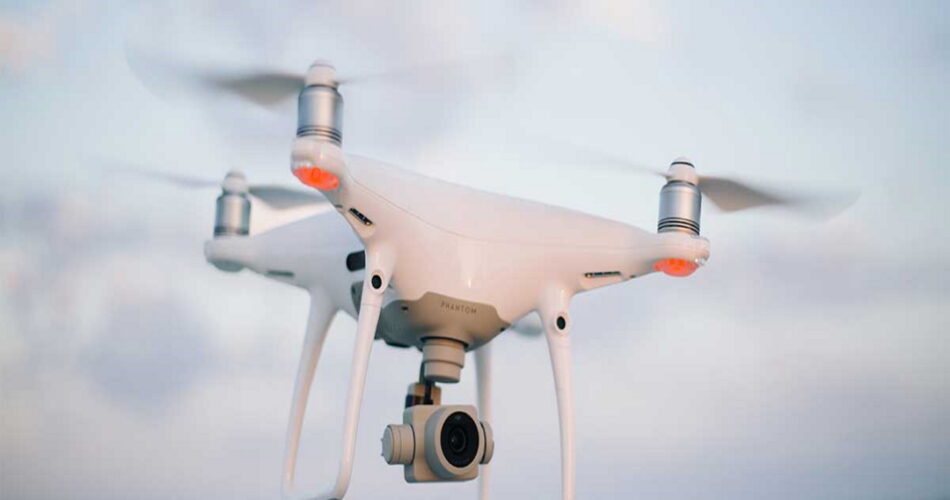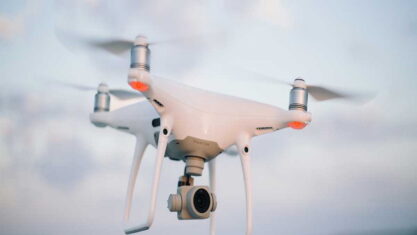Medical lab chain LifeLabs has partnered with the University of British Columbia to investigate how drone delivery could improve healthcare in remote first-nation communities.
The project sees LifeLabs join forces with the Stellat’en First Nation, Village of Fraser Lake, the First Nations Health Authority (FHNA), the Rural Coordination Centre of BC (RCCbc), UBC’s Faculty of Medicine and Faculty of Pharmaceutical Sciences, and Drone Delivery Canada (DDC).
The study, dubbed the Drone Transport Initiative, is in its first phase with test deliveries of supplies and mock samples being moved by drone between Stellat’en First Nations and Fraser Lake. Chief Robert Michell of Stellat’en First Nation says that it’s exciting to be at “the forefront of the technology,” and that “It would be amazing in 10 years’ time to see where this goes. This is definitely a first step, and we’re proud to be a part of it.”
For decades remote first nations communities across Canada have been plagued by unequal access to sufficient healthcare because of travel constraints and issues with staff retention. These pressure points were further pressed upon with the COVID-19 pandemic as prompt sample testing became something more needed than ever before.
Dr. John Pawlovich, Rural Doctors’ UBC Chair in Rural Health describes the effort as a ” game-changer” with the ability to “transform access and delivery for citizens who live in these communities.” Dr. Pawlovich continued by saying “[this isn’t] going to happen overnight”, but “The Drone Transport Initiative is our opportunity to start that journey.”
This project marks the first of its kind with trials only having just begun amongst the communities.
Source link




